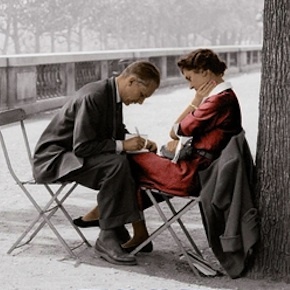
Catching the past
In 2014, Otto de Kat wrote a short essay for PEN, where he gives a poetic yet also practical definition of the art and skill of writing historical fiction, of crafting novels whose life must be fictional, and yet feistily rooted in factual reality. This genre has been his own home since 1998, when he...
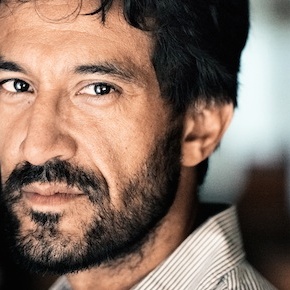
Steven Uhly: A life of encounters
The chance to converse with Steven Uhly is not just a meeting but a real and even formative encounter, a moment of wisdom, laughter, serious and relaxed humanity. He is someone with a very distinct presence, ineradicable and self-effacing at the same time, poetic and materially concrete. He exudes indomitable strength and very serene, reflective...
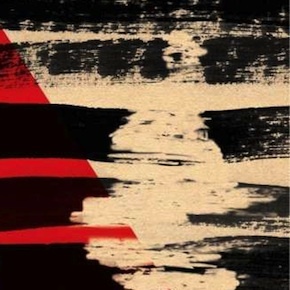
The hydra of memory and forgetting
“If you have no wounds, how can you know you are alive?” wrote Edward Albee in 1998’s The Play About the Baby. Steven Uhly’s Kingdom of Twilight could be said to be all about physical, psychological and historical wounds and about the true meaning of knowing oneself to be alive – the true worth of...
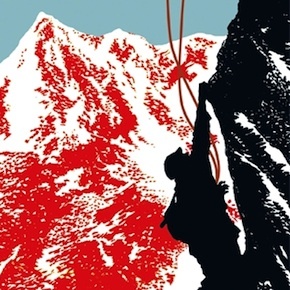
Dreamland
No Picnic on Mount Kenya is neither a war memoir nor the travel log of an exotic mountaineering expedition; neither history pure and unimpeachable, nor a novel where the imagination is given free reign; it is neither biography nor documentary. It is, and explosively, all of the above – a grippingly beguiling tale as well...

Read the world
“There is only one way to read, which is to browse in libraries and bookshops,” wrote Doris Lessing in the introduction to The Golden Notebook (1962). That post-modernist novel famously pieces a life back together through multiple, juxtaposed experiences in and outside time and consciousness, through and because of writing, as it seeks to create...
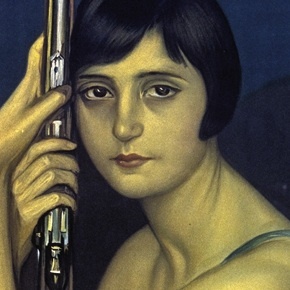
Thirteen ways of looking at Guernica
In the 1930s, the Spanish Reds are promising paraisos to their new recruits. A world freed from class distinctions, slave labour, poverty and squalor, and especially a world liberated from religion – that celebrated ‘opium of the people’. At the same time, those sceptical of Soviet ideology, or vehemently opposed to it, seek to deflect...
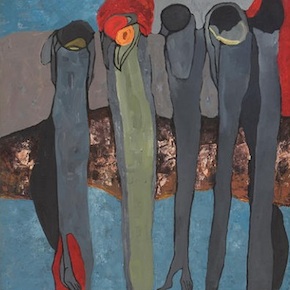
Love all
What is literature if not a way to frame our vision of the world? What is language if not a prism through which to think, explore, relate, question, resolve, civilise – or merely (and vitally) voice despair? And what is love if not the ultimate Socratic demon, fusing together human lives, welding experiences, yielding truths,...
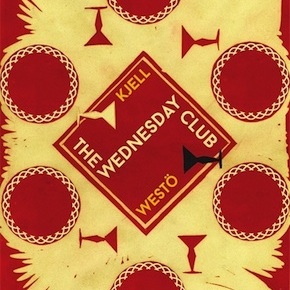
A mirage of horrors
“Our language lacks words to express this offence, the demolition of a man.” Primo Levi The question of how one writes, thinks or speaks about the holocaust and the ideologies and sociohistorical conditions that spawned it, is perhaps as vital now as it was in the direct aftermath of a period when the word ‘hell’...

Divine wonderlands
Since at least the early twentieth century, the question of identity, the vital reality or stark falsehood of such a concept, has been at the core of the most serious literary writing. From existential anxiety and historical misappropriation, to the dispossession or conscious denial of individuality, writing now seems to be at an even more...
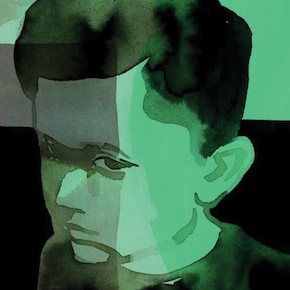
Memory’s martyr and keeper
Patrick Modiano has often said that he is writing constantly, persistently, invariably but with almost infinite variations, the same book. And at the centre of each of his novels, almost like a reverberating echo or clinging shadow, is the story of himself in search “for mystery where there was none”, for the “transparency” (of memory,...
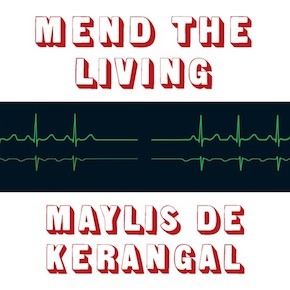
From the heart
The title of Maylis de Kerangal’s second novel in English comes from Platonov, an unfinished and seldom performed play by Chekhov. One of his earliest works, ‘Little Plato’ is a distillation of every human gesture and movement, the ideas and existential questions that were to define Chekhov’s later work in its entirety. Above all, the...


